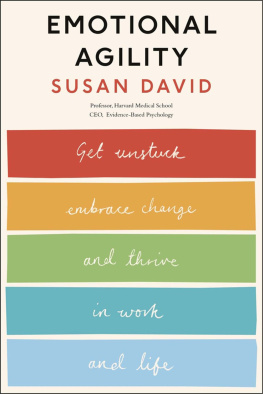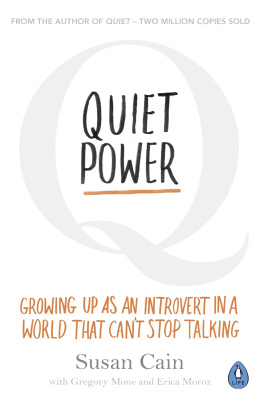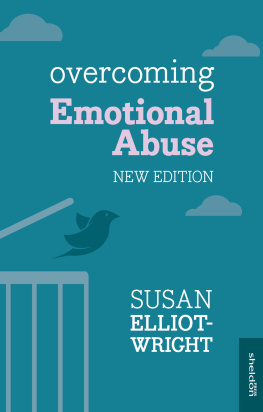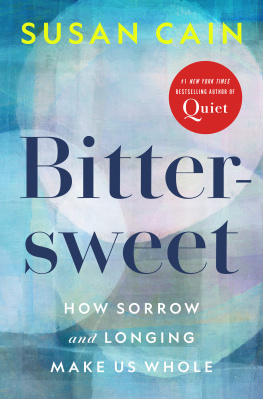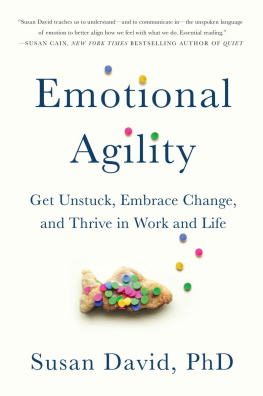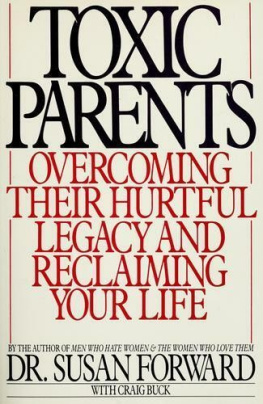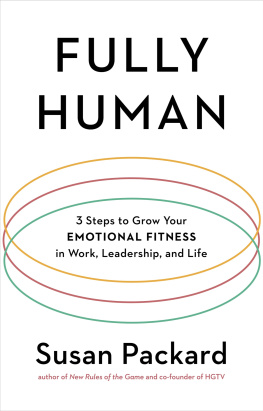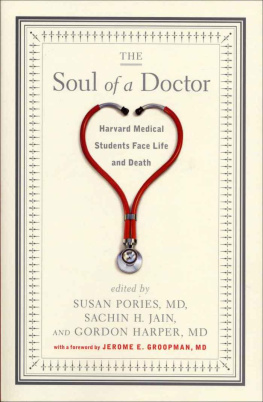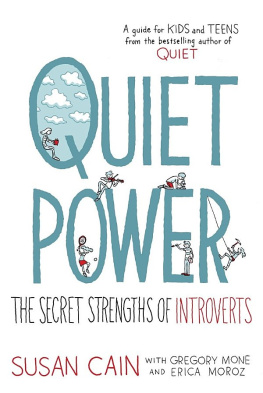Susan David
EMOTIONAL AGILITY
Get Unstuck, Embrace Change, and Thrivein Work and Life
Contents
ABOUT THE AUTHOR
Susan David PhD is a psychologist onthe faculty of Harvard Medical School, co-founder and co-director of the Instituteof Coaching at McLean Hospital, and CEO of Evidence Based Psychology, a boutiquebusiness consultancy.
An in-demand speaker and advisor, Susanhas consulted to the senior leadership of hundreds of major internationalorganizations, including Ernst & Young, the United Nations and World Economicforum.
Her work has featured in numerouspublications, including the Harvard Business Review, Time,Fast Company and the Wall Street Journal.
Susan has a PhD in clinical psychologyand a post doctorate in emotions from Yale University.
To the love of my life, AnthonySamir,
&
to my darlings, Noah and Sophie,
who know how todance each and every day.
1.
Rigidity to Agility
Years ago, in the Downton Abbeyera, a well-regarded captain stood on the bridge of a British battleshipwatching the sun set across the sea. As the story goes, the captain was about tohead below for dinner when suddenly a lookout announced, Light, sir. Deadahead two miles.
The captain turned back toward thehelm.
Is it steady or moving? heasked, these being the days before radar.
Steady, captain.
Then signal that ship, thecaptain ordered gruffly, Tell them, You are on a collision course.Alter course 20 degrees.
The answer from the source of the lightcame back just moments later: Advisable you change yourcourse 20 degrees.
The captain was insulted. Not only washis authority being challenged, but in front of a junior seaman!
Send another message, hesnarled. We are HMS Defiant, a 35,000-ton battleship of thedreadnought class. Change course 20 degrees.
Brilliant, sir, came thereply. Im Seaman OReilly of the Second Class. Changeyour course immediately.
Apoplectic and red in the face, thecaptain shouted, We are the flagship of Admiral Sir William Atkinson-Willes!CHANGE YOUR COURSE 20 DEGREES!
There was a moment ofsilence before Seaman OReilly replied: We are a lighthouse,sir.
*
As we travel through our lives, wehumans have few ways of knowing which course to take, or what lies ahead. Wedont have lighthouses to keep us away from rocky relationships. Wedont have lookouts on the bow or radar on the tower, watching for submergedthreats that could sink our career plans. Instead, we have our emotions sensations like fear, anxiety, joy and exhilaration a neurochemical systemthat evolved to help us navigate lifes complex currents.
Emotions, from blinding rage towide-eyed love, are the bodys immediate, physical responses to importantsignals from the outside world. When our senses pick up information signs ofdanger, hints of romantic interest, cues that were being accepted or excludedby our peers we physically adjust to these incoming messages. Our heartsbeat faster or slower, our muscles tighten or relax, our mental focus locks on tothe threat or eases into the warmth of trusted companionship.
These physical, embodiedresponses keep our inner state and our outward behaviour in sync with the situationat hand, and can help us not only to survive, but to flourish. Like SeamanOReillys lighthouse, our natural guidance system, which developedthrough evolutionary trial and error over millions of years, is a great deal moreuseful when we dont try to fight it.
But thats not always easy to dobecause our emotions are not always reliable. In some situations, they help us cutthrough pretences and posturing, working as a kind of internal radar to give us the most accurate and insightful read into whatsreally going on in a situation. Who hasnt experienced those gut feelings thattell us, This guys lying or Somethings bugging myfriend even though she says shes fine? But in other situations,emotions dredge up old business, confusing our perception of whats happeningin the moment with painful, past experiences. These powerful sensations can takeover completely, clouding our judgement and steering us right on to the rocks. Inthese cases, you might lose it, and, say, throw a drink in the lyingguys face.
Of course, most adults rarely surrendercontrol to their emotions with inappropriate public displays that take years to livedown. More likely, youll trip yourself up in a less theatrical but moreinsidious fashion. Many people, much of the time, operate on emotional autopilot,reacting to situations without true awareness or even real volition. Others areacutely aware that they expend too much energy trying to contain or suppress theiremotions, treating them, at best, like unruly children and, at worst, as threats totheir well-being. Still others think their emotions are stopping them from achievingthe kind of life they want, especially when it comes to emotions we findtroublesome, such as anger, shame or anxiety. In time, our responses to signals fromthe real world can become increasingly faint and unnatural, leading us off courseinstead of protecting our best interests.
I am a psychologist and an executivecoach who has studied emotions and how we interact with them for more than twodecades. When I ask some of my clients how long theyve been trying toget in touch with and fix or cope with theemotions with which they most often struggle, theyll often say five, or ten,or even twenty years. Sometimes the answer is, Ever since I was a littlekid.
To which the obviousresponse is: So would you say what youre doing is working?
With this book, my goal is to help youbecome more aware of your emotions, to learn to accept them, and then to flourish byincreasing your emotional agility. The tools and techniques Ivebrought together wont make you a perfect person who never says the wrongthing or who is never wracked by shame, guilt, anger, or feelings of anxiety orinsecurity. Striving to be perfect or always perfectly happy willonly set you up for frustration and failure. Instead, I hope to help you make peacewith even your most difficult emotions, enhance your ability to enjoy yourrelationships, achieve your goals and live your life to the fullest.
But thats just theemotional part of emotional agility. The agility partaddresses your thinking and behaviour processes those habits of mind andbody that can also stop you flourishing, especially when, like the captain of thebattleship Defiant, you react in the same old obstinate way to new ordifferent situations.
Rigid reactions may come from buyinginto the old, self-defeating story youve told yourself a million times I am such a loser, or I always say the wrongthing, or I always fold when its time to fight for what Ideserve. Rigidity may come from the perfectly normal habit of takingmental shortcuts, and accepting presumptions and rules of thumb that may have servedyou once in childhood, in a first marriage, at an earlier point in yourcareer but arent serving you now: People cant betrusted; Im going to get hurt.
A growing body of research shows thatemotional rigidity getting hooked by thoughts, feelings and behaviours thatdont serve us is associated with a range of psychological ills,including depression and anxiety. Meanwhile, emotional agility being flexible with your thoughts and feelings so that you can respondoptimally to everyday situations is key to well-being and success.

